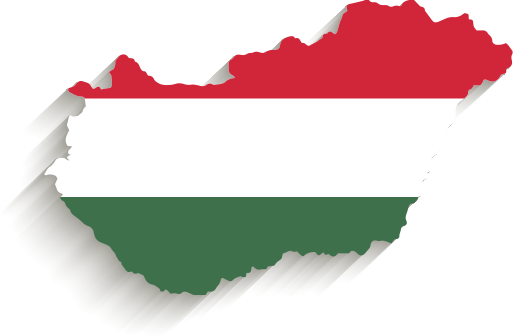(Grant Agreement n. 669194)
(Budapest, 5/7/1932 - Budapest, 19/7/2013)
Deputy Leader - Department for Foreign Affairs in the Central Committee of the Hungarian Socialist Workers' Party (1974-1983)Head - Department for Foreign Affairs in the Central Committee of the Hungarian Socialist Workers' Party (1983-1985)
Undersecretary - Ministry of Foreign Affairs (1985-1989)
Minister - Ministry of Foreign Affairs (1989-1990)

One of the leading figures of the younger reformist wing of the party. Since 1982-83 he wished and urged a rapprochement with the EEC. In 1987-88 he was the member of the Committee for International Economic Relations, when the agreement between Hungary and the EEC was concluded and signed.
|
As a conservative Communist politician actively supported the censorship in the Public Relations Office. As a minister he intended to avoid any risky action in foreign policy. |
|
As one of the Central Committee secretaries he was responsible for the foreign policy of the state party. He supported to manage a rapprochement with the EEC. |
|
Since the early 1950s he was a Hungarian representative in several international organizations and meetings, he managed the talks with the General Agreement on Tariffs and Trade. However, during the 1980s he rigidly opposed concluding a genera... |
|
As the supervisor of the economic policy was involved in the negotiations with the EEC, he urged and promoted the new wave of economic reforms during the 1980s. |
|
One of the young reformist inside the party apparatus. As ambassador in Bonn, he intensified the Hungarian–West-German relations, he urged and promoted to conclude a general, political agreement with the EEC. |
|
The Eighties and Hungarian Foreign Policy
MNL OL M-KS 288. f. 32/b cs. 105. ő. e. 66-87. | 10/83
The document highlighted new opportunities for Hungarian foreign policy. It supposed that Budapest would have real a chance to prepare a proper framework agreement with the EEC. Moreover, it stated that Hungarian foreign policy could prepare the ground for Hungary’s accession to EFTA. - Available here. |
